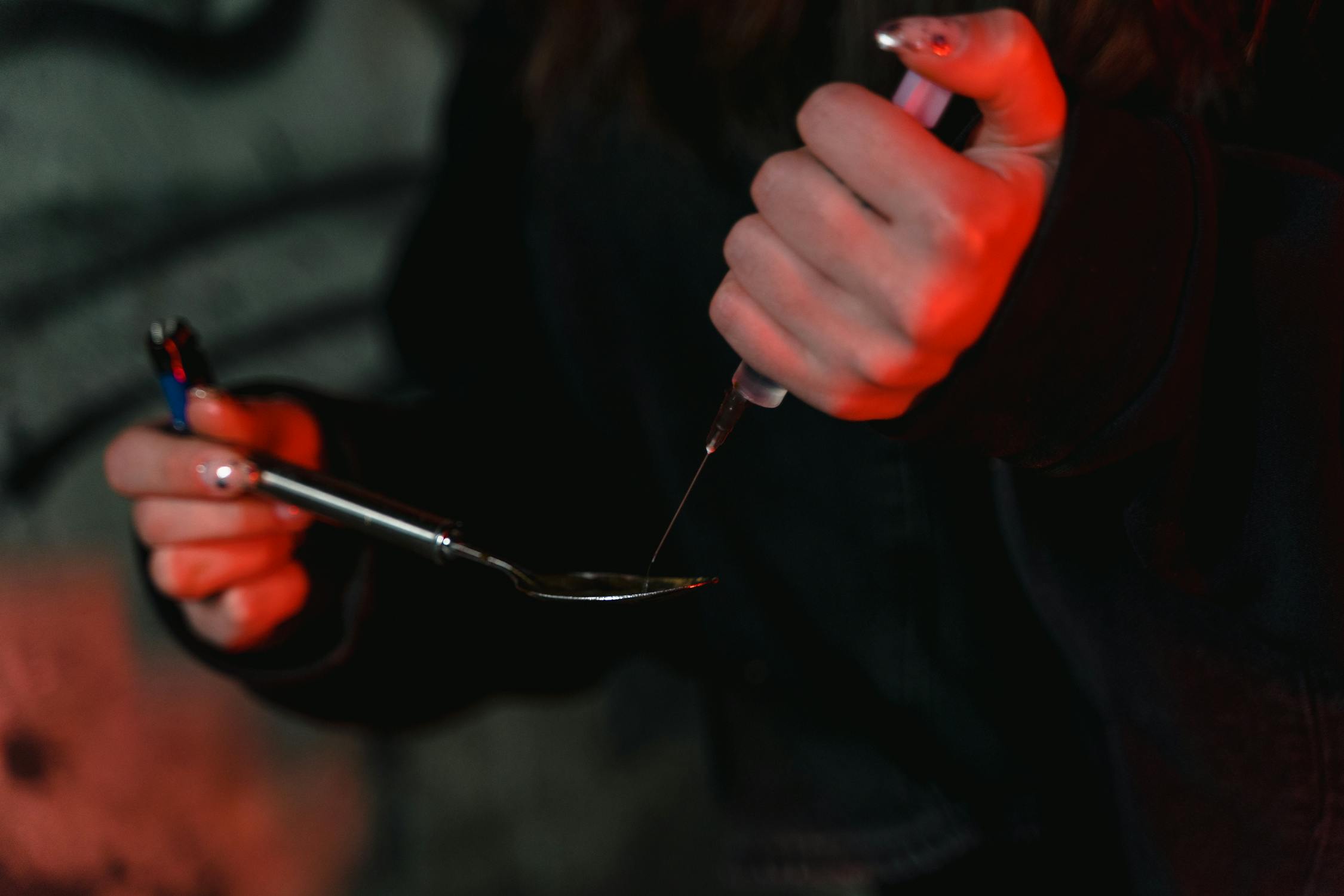Seeking Treatment for Heroin Addiction in South Carolina: A Comprehensive Guide
Heroin addiction is a devastating problem that affects individuals and families across South Carolina. It is a highly addictive drug that can quickly take over a person's life, leading to physical and mental health issues, financial difficulties, legal problems, and strained relationships. Seeking treatment for heroin addiction is essential for recovery, but the process can be overwhelming and confusing. This article provides a comprehensive guide on how to seek treatment for heroin addiction in South Carolina.
Step 1: Recognize the signs of heroin addiction
Before seeking treatment, it is essential to recognize the signs and symptoms of heroin addiction. Some common signs of heroin addiction include:
- A strong craving for heroin
Withdrawal symptoms when not using heroin, such as nausea, vomiting, diarrhea, sweating, and anxiety
A need for higher doses of heroin to achieve the desired effect
Physical symptoms such as constricted pupils, shallow breathing, and slowed heart rate
Neglecting responsibilities at work, school, or home
Financial difficulties and legal problems related to heroin use
If you or a loved one is experiencing any of these symptoms, it may be time to seek treatment for heroin addiction.
Step 2: Determine the type of treatment
There are several types of treatment available for heroin addiction in South Carolina, including:
- Inpatient treatment: Inpatient treatment involves staying at a residential facility for an extended period, typically 30 to 90 days. This type of treatment is best for individuals with severe addiction and those who require intensive medical and psychological support.
- Outpatient treatment: Outpatient treatment involves attending therapy and counseling sessions at a treatment center while living at home. This type of treatment is best for individuals with mild to moderate addiction who have a supportive home environment.
- Medication-assisted treatment: Medication-assisted treatment involves the use of medications such as methadone, buprenorphine, or naltrexone to help manage withdrawal symptoms and reduce cravings for heroin. This type of treatment is typically used in combination with therapy and counseling.
Step 3: Find a treatment center
Once you have determined the type of treatment needed, it is essential to find a treatment center that meets your needs. There are several resources available to help you find a treatment center in South Carolina, including:
- Substance Abuse and Mental Health Services Administration (SAMHSA): SAMHSA's Behavioral Health Treatment Services Locator can help you find treatment facilities in South Carolina based on your location and treatment needs.
- South Carolina Department of Alcohol and Other Drug Abuse Services (DAODAS): DAODAS provides a directory of licensed treatment providers in South Carolina.
- Private insurance: If you have private insurance, your insurance provider can help you find treatment facilities like Lantana Recovery, Charleston Center that are covered by your plan.
Step 4: Evaluate the treatment center
Once you have found a treatment center, it is essential to evaluate the center to ensure that it is a good fit for you. Some factors to consider when evaluating a treatment center include:
- Treatment approach: Make sure that the treatment center uses evidence-based approaches to treat heroin addiction, such as cognitive-behavioral therapy, motivational interviewing, and contingency management.
- Staff qualifications: Make sure that the treatment center has qualified staff, such as licensed therapists and medical professionals.
- Amenities: Consider the amenities offered by the treatment center, such as comfortable living accommodations, nutritious meals, and recreational activities.
- Cost: Consider the cost of treatment and whether it is covered by your insurance plan.
Step 5: Prepare for treatment
Before beginning treatment, it is essential to prepare yourself mentally and physically. Some tips for preparing for treatment include:
- Talk to your loved ones: Talk to your loved ones about your decision to seek treatment for heroin addiction and ask for their support during the process.
- Arrange for childcare or pet care: If you have children or pets, arrange for their care while you are in treatment.
- Pack appropriately: Make sure to pack comfortable clothing, toiletries, and any medications you are currently taking.
- Inform your employer: If you are employed, inform your employer that you will be taking a leave of absence for treatment.
- Follow pre-treatment instructions: Follow any pre-treatment instructions provided by the treatment center, such as abstaining from drug use or alcohol consumption.
Step 6: Attend treatment and follow-up care
Attending treatment is just the first step in the recovery process. It is essential to attend all therapy and counseling sessions, follow any medication regimens, and actively participate in your treatment. After treatment, it is crucial to continue with follow-up care, such as attending support group meetings, therapy sessions, and medical check-ups.
Heroin addiction is a serious problem that requires professional treatment. In South Carolina, there are many resources available to help individuals seek treatment for heroin addiction.It is essential to remember that recovery is a journey, and it takes time and effort, but with the right support and resources, it is possible to overcome heroin addiction and live a fulfilling life in sobriety.

